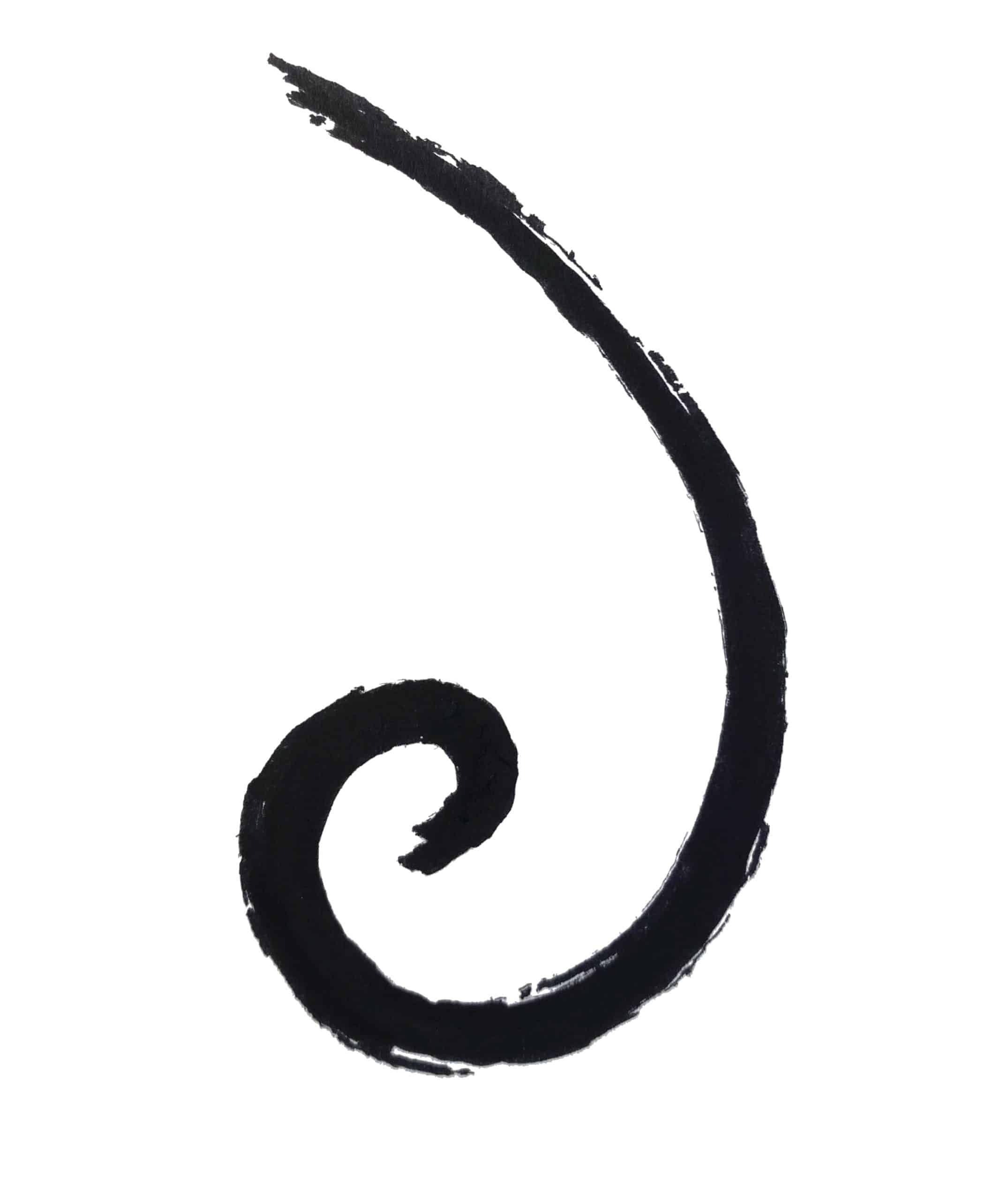In his “eight-point platform,” formulated together with George Sessions in 1984 while the two were camping in Death Valley, California, Arne Naess offers a convenient overview of deep-ecological principles. It runs as follows:
- The well-being and flourishing of human and nonhuman Life on Earth have value in themselves (synonyms: intrinsic value, inherent value). These values are independent of the usefulness of the nonhuman world for human purposes.
- Richness and diversity of life forms contribute to the realization of these values and are also values in themselves.
- Humans have no right to reduce this richness and diversity except to satisfy vital needs.
- The flourishing of human life and cultures is compatible with a substantial decrease of the human population. The flourishing of nonhuman life requires such a decrease.
- Present human interference with the nonhuman world is excessive, and the situation is rapidly worsening.
- Policies must therefore be changed. These policies affect basic economic, technological, and ideological structures. The resulting state of affairs will be deeply different from the present.
- The ideological change is mainly that of appreciating life quality (dwelling in situations of inherent value) rather than adhering to an increasingly higher standard of living. There will be a profound awareness of the difference between big and great.
- Those who subscribe to the foregoing points have an obligation directly or indirectly to try to implement the necessary changes.
From: Devall, Bill, and George Sessions, eds. 1985. Deep Ecology. Living As If Nature Mattered. Salt Lake City: Gibbs Smith.
